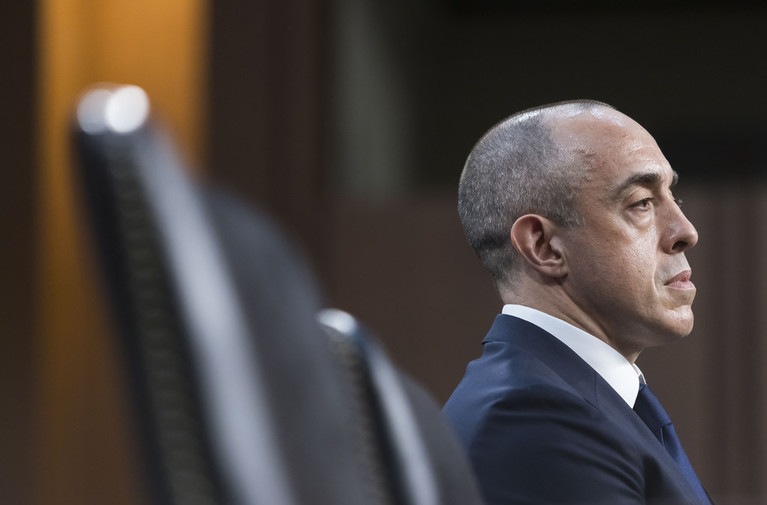Title: No Further Action: NY Attorney Grievance Committee’s Decision on Emil Bove
In a recent development within the legal community, the New York Attorney Grievance Committee has repeatedly declined to investigate alleged grievances against attorney Emil Bove, leading to a wave of discussions about the implications of such decisions. This situation raises questions not only about the specific allegations but also about the integrity of the grievance process and its role in maintaining the standards of the legal profession.
Emil Bove, a practicing attorney in New York, has faced scrutiny from multiple sources, prompting complaints that have reached the Attorney Grievance Committee. However, the committee’s repeated rulings of “No Further Action” signify a lack of sufficient evidence or grounds to warrant a formal investigation. This outcome has sparked significant interest among lawyers and the public alike, as it reflects on the mechanisms in place designed to uphold accountability within the legal profession.
The grievance process serves as a critical tool for ensuring that attorneys adhere to ethical standards and professional conduct. When complaints arise, they are typically thoroughly reviewed to determine whether a formal inquiry is necessary. The fact that Bove’s case has not progressed beyond the initial complaint stage indicates either insufficient evidence or possibly a failure of the system to address valid concerns within the framework of legal ethics.
This situation is particularly relevant in the broader context of attorney oversight, where a balance needs to be found between protecting clients from malpractice or unethical behavior and preserving the rights of attorneys to practice without unwarranted disruption. Bove’s case is not just about him—it represents a larger dilemma regarding the effectiveness and reliability of grievance committees overall.
Critics of the committee’s decision might argue that more rigorous investigation procedures are needed, especially in cases where public trust in the legal profession is at stake. Ensuring that clients and the public have confidence in their legal representatives is essential for fostering a healthy legal system. When allegations arise—regardless of the outcome—it is imperative that they are addressed transparently, even if the conclusion ultimately leans towards no action taken.
Moreover, the repeating “No Further Action” findings could lead to frustration among complainants who may feel their concerns are being overlooked. It raises a pertinent question about the criteria used by the grievance committee to evaluate complaints and whether these criteria are adequately communicated to the public. Transparency in this process is key to maintaining trust among the populace, who often rely on the integrity of legal practitioners.
As legal professionals await further clarifications regarding the committee’s decision, it becomes evident that this situation involving Emil Bove may serve as a catalyst for discussions about the need for reform in how grievances are handled. Stakeholders, including legal experts and regulatory bodies, may want to consider evaluating the processes in place to ensure they meet the contemporary standards expected of the legal system.
In summary, the New York Attorney Grievance Committee’s decision not to investigate Emil Bove raises significant questions and highlights the complexities of maintaining ethics within the legal profession. As the narrative unfolds, it will be crucial to monitor how this situation influences future cases and the overall perception of legal oversight in the United States.
